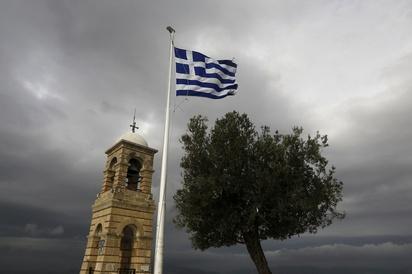
Tools that promote a stable nuclear relationship between nations are characterised by a congruence of views on non-proliferation of weapon and vector technologies, fissile material control and strategic transparency; the last makes clear the strategic underpinnings that motivate weapon programmes. The Nuclear Non-Proliferation Treaty (NPT), which was negotiated in 1968 and entered into force in 1970, is the corner stone of all international efforts to provide stability within the bounds of a globally ‘iniquitous’ nuclear regulatory system by limiting access to nuclear weapons. The impetus behind the NPT was a stated concern for the safety of a world with many nuclear weapon States. It was recognised that the Cold War deterrent relationship between just the US and the Soviet Union was fragile. Having more nuclear weapon States would reduce security for all, multiplying the risks of miscalculation, accidents, unauthorised use of weapons and the hazards of regional tensions escalating to nuclear conflict. The concept of the NPT process was formulated by Frank Aiken, Irish Minister for External Affairs, in 1958. A total of 190 States have joined the Treaty, though North Korea, which acceded to the NPT in 1985 but never came into compliance, announced its withdrawal in 2003. States that have never joined the NPT are India, Israel, and Pakistan.




